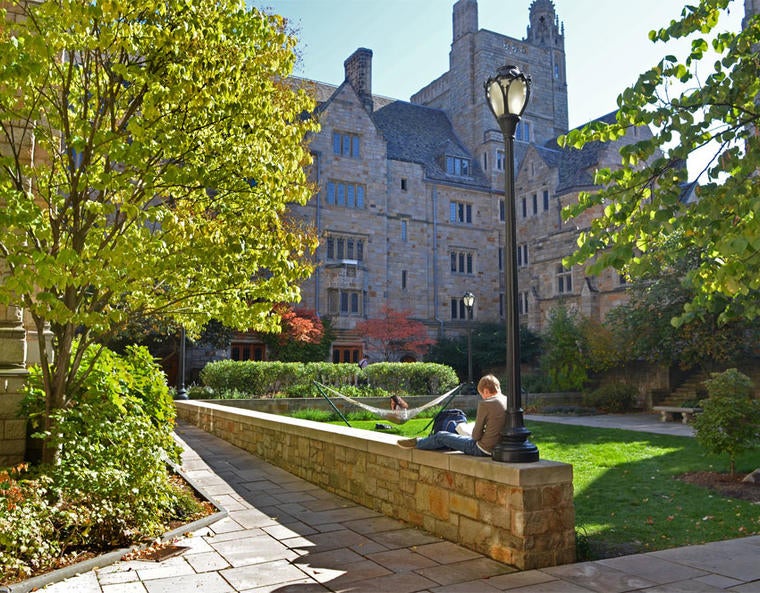
It’s been three long years since I was a high school senior, but I remember being utterly thrilled by the prospect of leaving home and jumping into the unknowns of college. Who would my friends would be (kids from the ‘burbs like myself, Princesses from Dubai, cowboys from South Dakota), what color bedding would I buy, or which extracurricular organizations would I join (Bhangra, Quidditch, Iron Chef at Yale). I hardly put any thought to the possible hurdles I might encounter.
Now that my younger sisters are at bat - they’re identical twins and current high school seniors - I can’t stop thinking about their transition to college. My protective instincts are in overdrive: what if they struggle in a class? What if they have a difficult roommate? How will they react the first time they run out of clean underwear but don’t have time to do laundry? I forget my parents must’ve had the same concerns about me three years ago.
Upon reflection, I grateful for the involved and responsive community I have at Yale. When I applied to colleges, I put almost no consideration to the types of student support that would be available on campus. I would have never guessed that getting involved in peer mentorship would become the most meaningful part of my time at Yale. Student support at Yale, from academic advising to stress management and mental health, is heavily student-driven and broadly supported by the University. It begins Freshman Year, when you live with Freshman Counselors, Yale’s analog to “Resident Assistants” found at other schools. FroCos are current Yale seniors who apply to live with Freshman on Old Campus by competitive application, and the program is a hallmark of Yale College. Your FroCo’s are one part parent and two parts cool older sibling: they make you Quesadillas at 1:00 am on the weekends, then take you to Yale Health when you have the flu.
But support is not limited to the newly-arrived on campus: there are groups all over campus dedicated to aiding students that seek them out, from Master’s and Dean’s Offices to Religious Centers. I’ve loved the opportunity to give back to my community as a Communication and Consent Educator, a diverse group of Yalies employed by the College Dean’s office to seek innovative ways to prevent sexual misconduct on campus. We’re paid to facilitate cookie-fueled discussions on relationships and dating at college, and teach interactive workshops that address topics like consent and bystander intervention. At first I worried about how college students would react to a University-wide “sexual assault prevention training” program, but I’ve been consistently impressed by how thoughtful, respectful and actively engaged students are in our efforts. The success of the CCE program is undoubtedly linked to the strong student influence in curriculum and outreach - the CCEs are by day normal Yale students - and we’re always open to outside student feedback. I even been contacted by friends at other schools who have expressed interest in modeling equivalent program on their campuses.
Student agency and influence in Yale’s campus support networks is a testament to our culture of community responsibility: Yale College may be part of a major research university, but that intimate, small-college community feel is never lost. Rather, these alternating big school-small school components complement and strengthen each other.
Looking forward to next year, I will be sending my baby sisters off with this advice: don’t be afraid to ask for help sometimes; seek out and build those communities of support and strength. College - and life in general - can throw some curve balls. Learning from our mistakes and overcoming challenges are so much easier when you know your community has your back, and when you look back at your college experience in 30 years, it’ll be those relationships and points of growth that will stand out as the most beautiful parts of your four years.
If you’re interested in learning more about other support resources at Yale, check these out:
Residential College Tutors (Writing, STEM)
Cultural Houses (La Casa, AfAm House, AACC, NACC)
Walden Peer Counselors
Chaplain’s Office
STARS